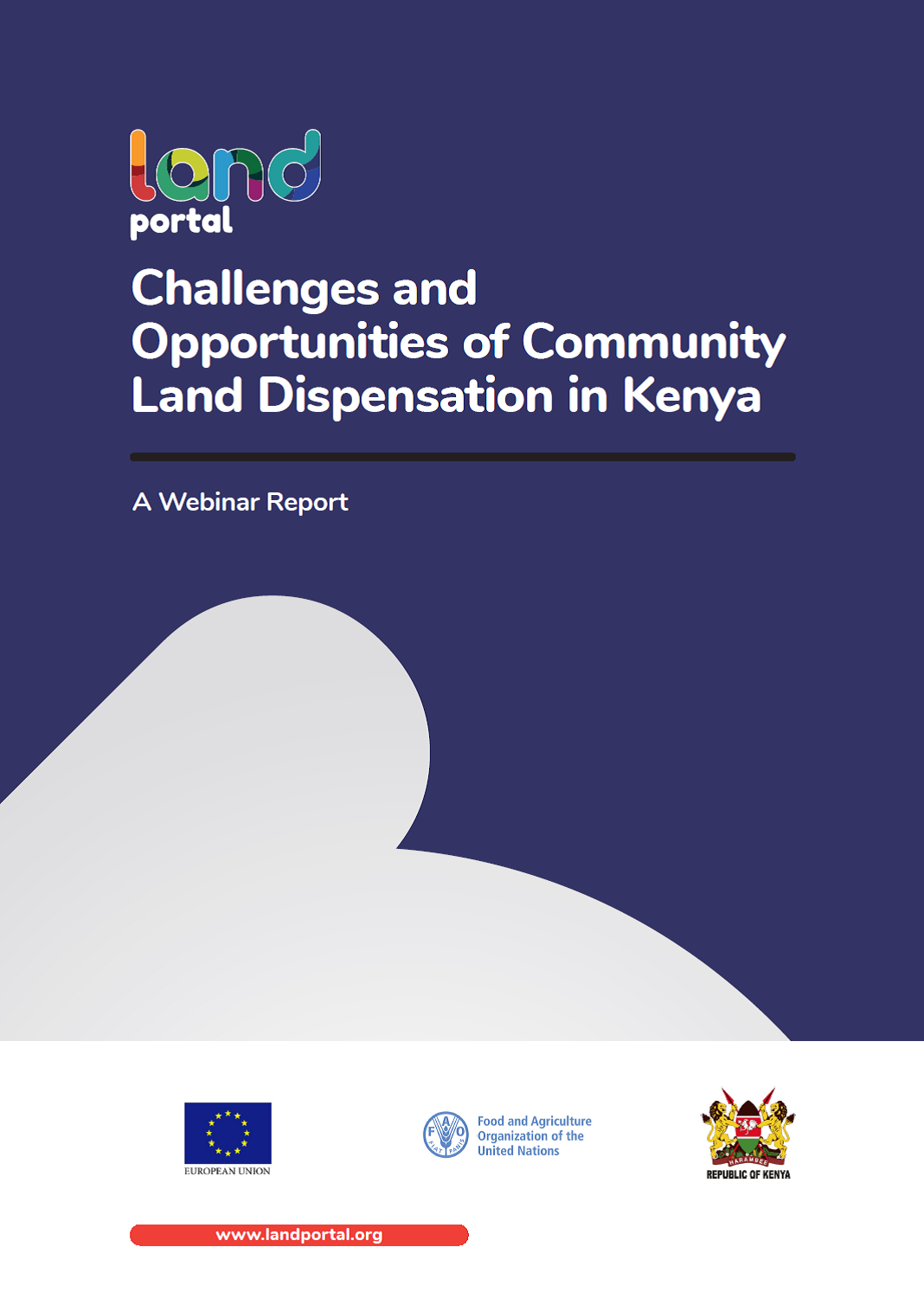Understanding Resilience in Mongolian Pastoral Social-ecological Systems : Adapting to Disaster Before, During and After 2010 Dzud--Year 1 Report
This study reports on in-depth case
studies of dzud (extreme cold weather during winter,
subsequent to a very dry summer) impacts and responses.
Focus groups, key informant interviews, a household survey,
and photovoice, were used to document individual and
community experiences with dzud, and identify the factors
that make some households and communities more vulnerable,
and some less vulnerable, to the impacts of dzud, and the




